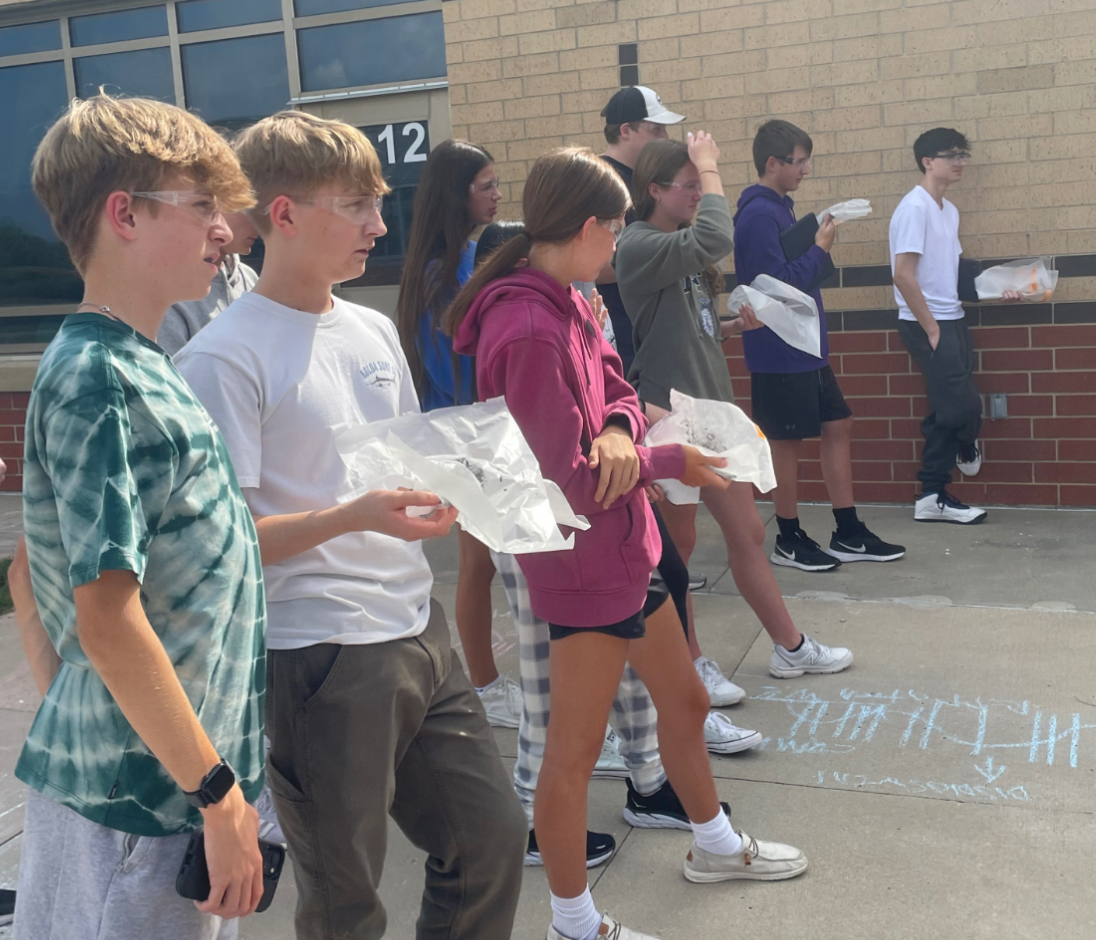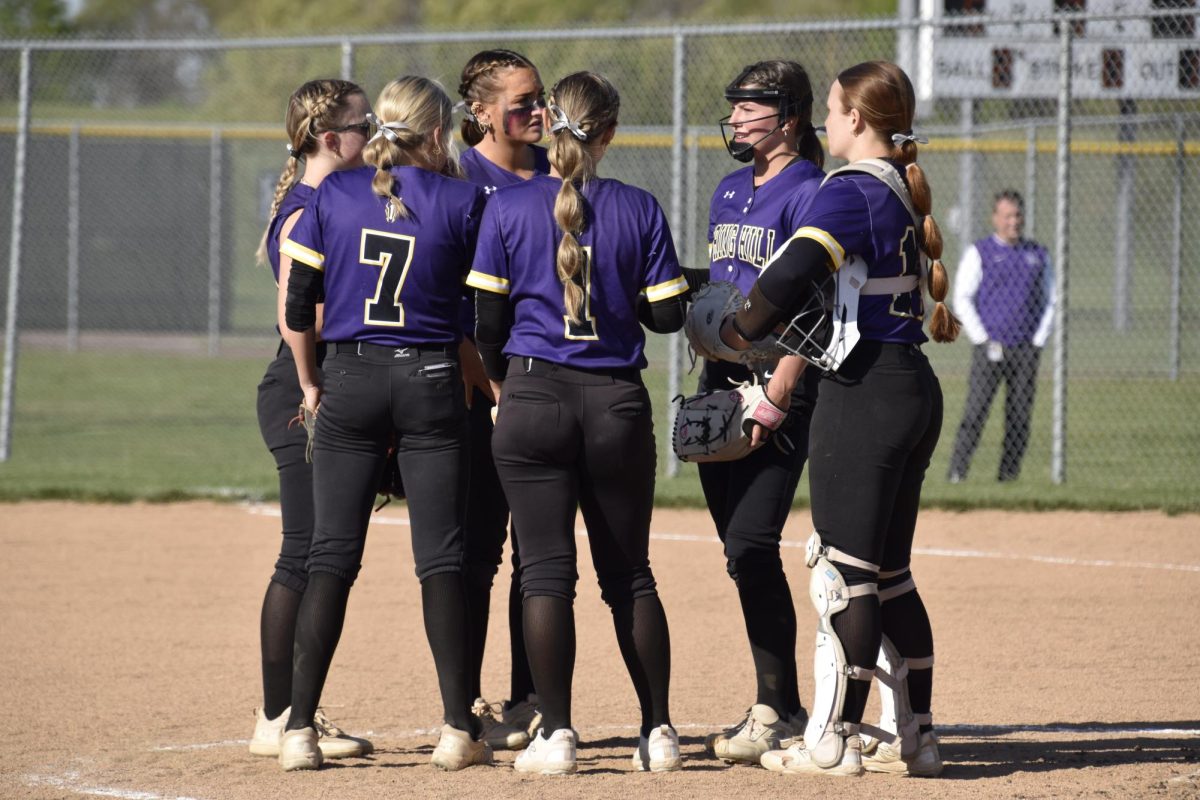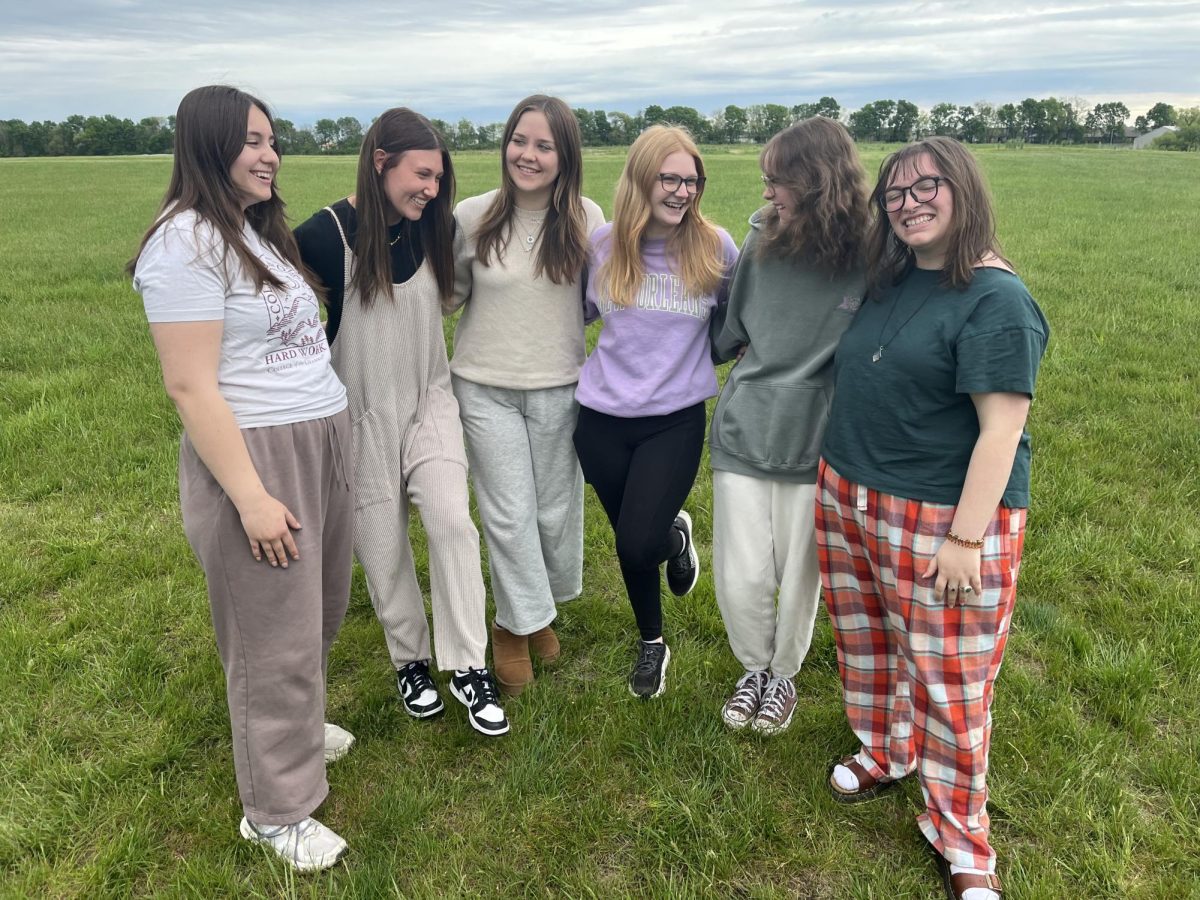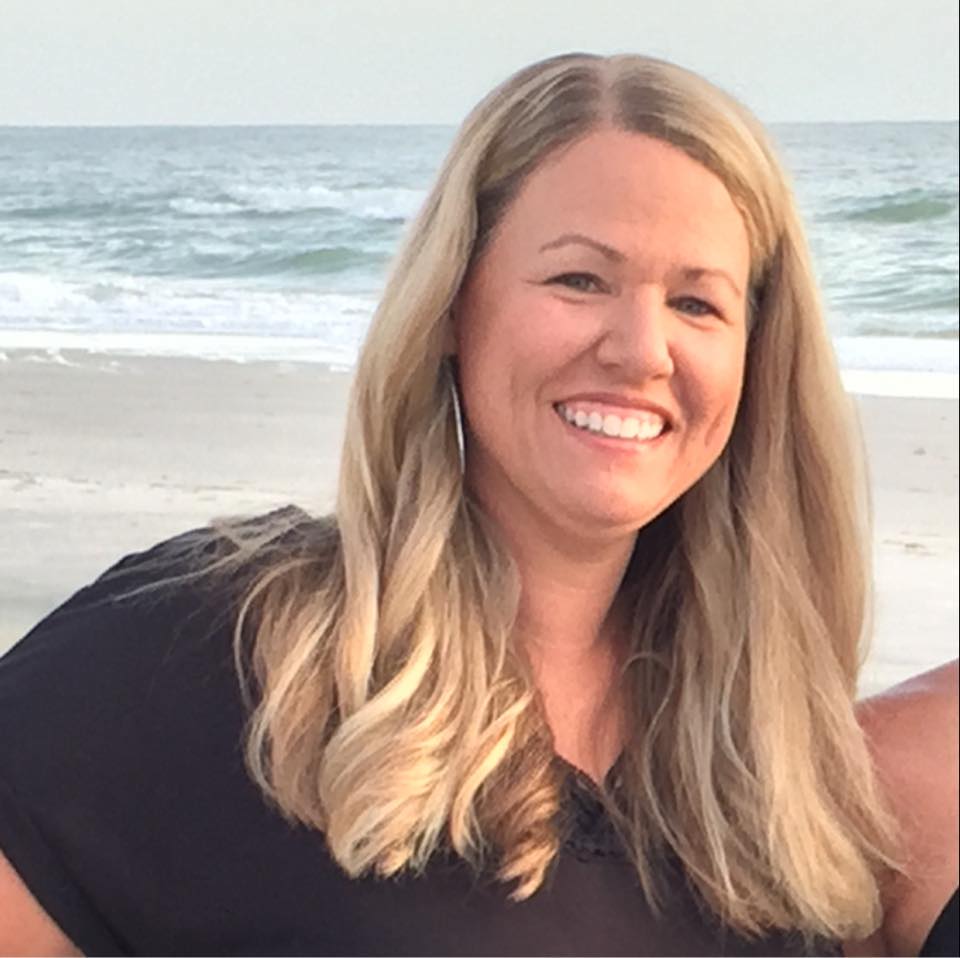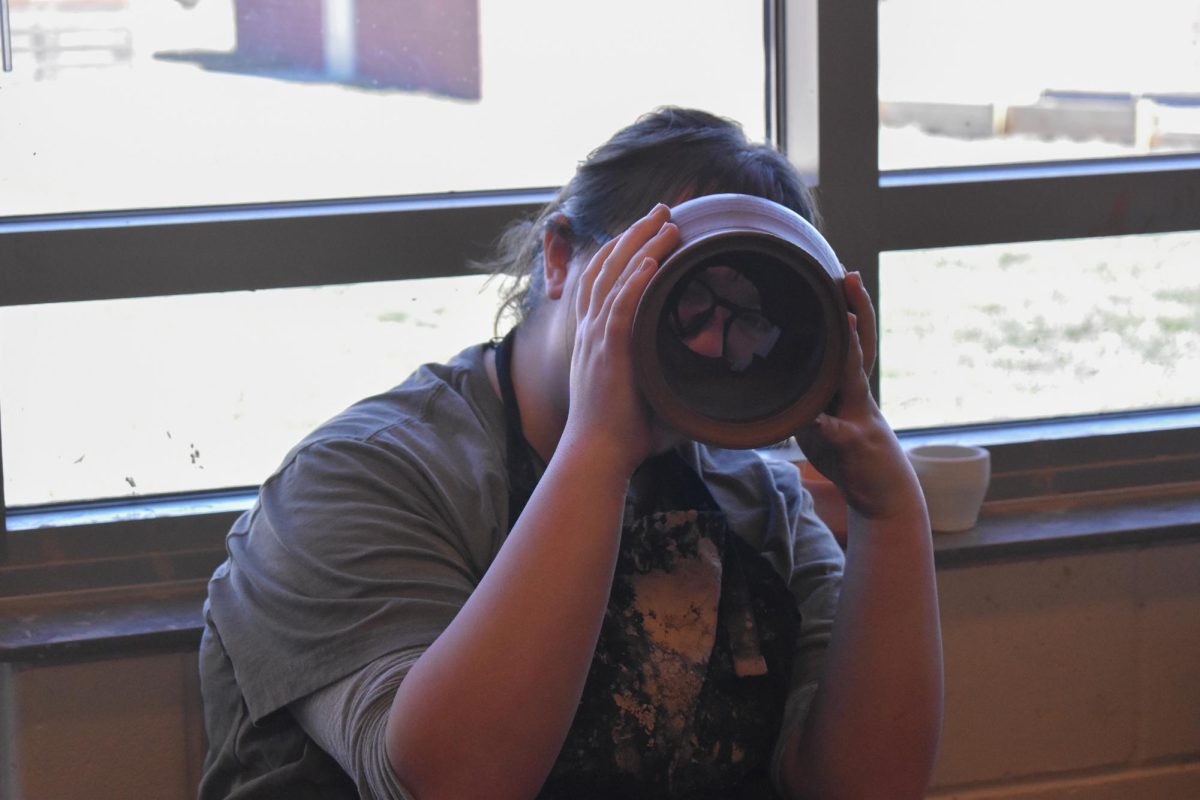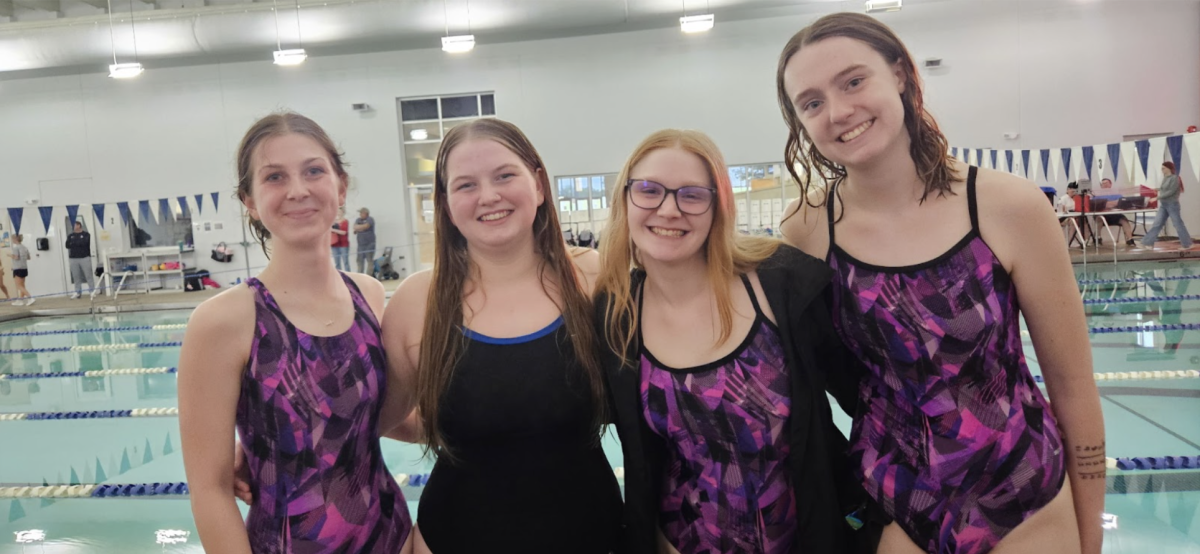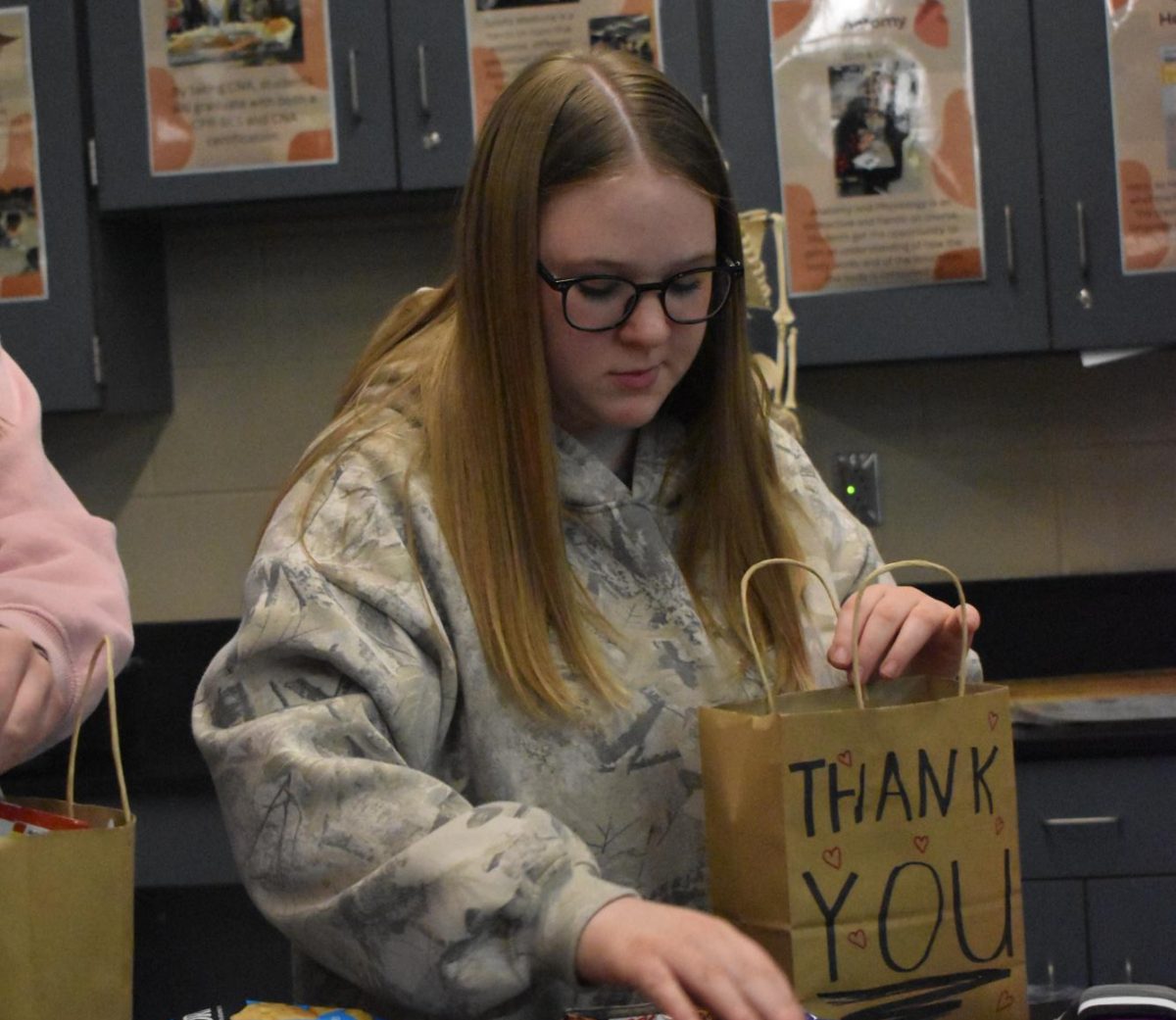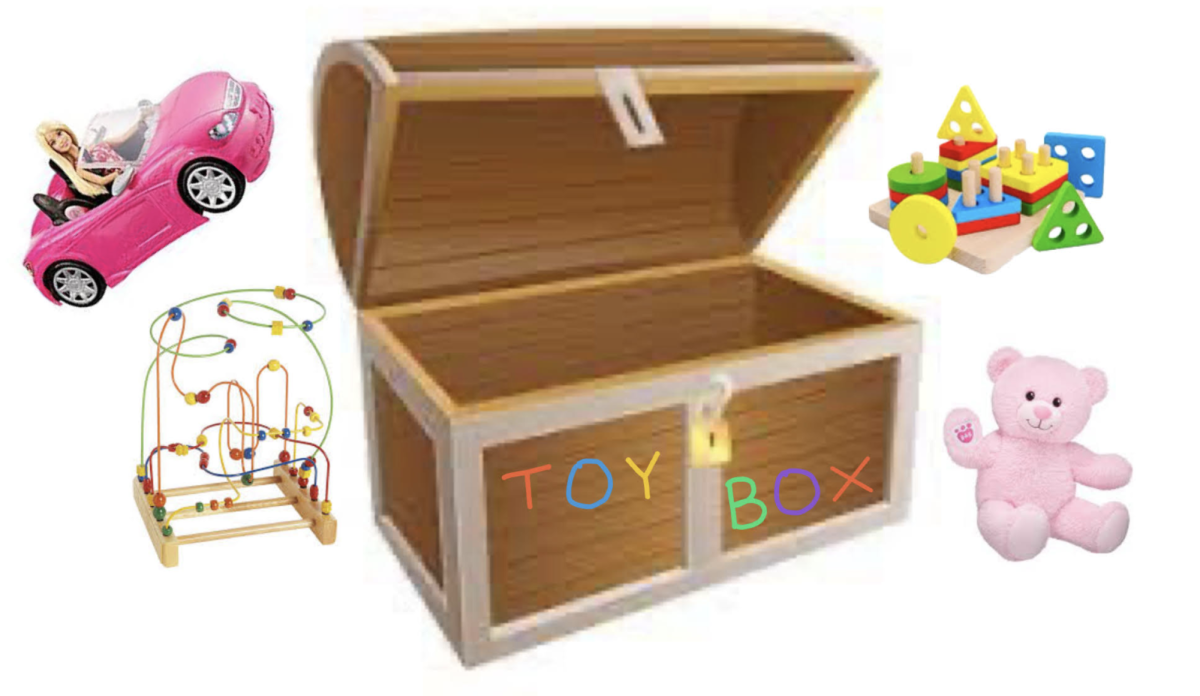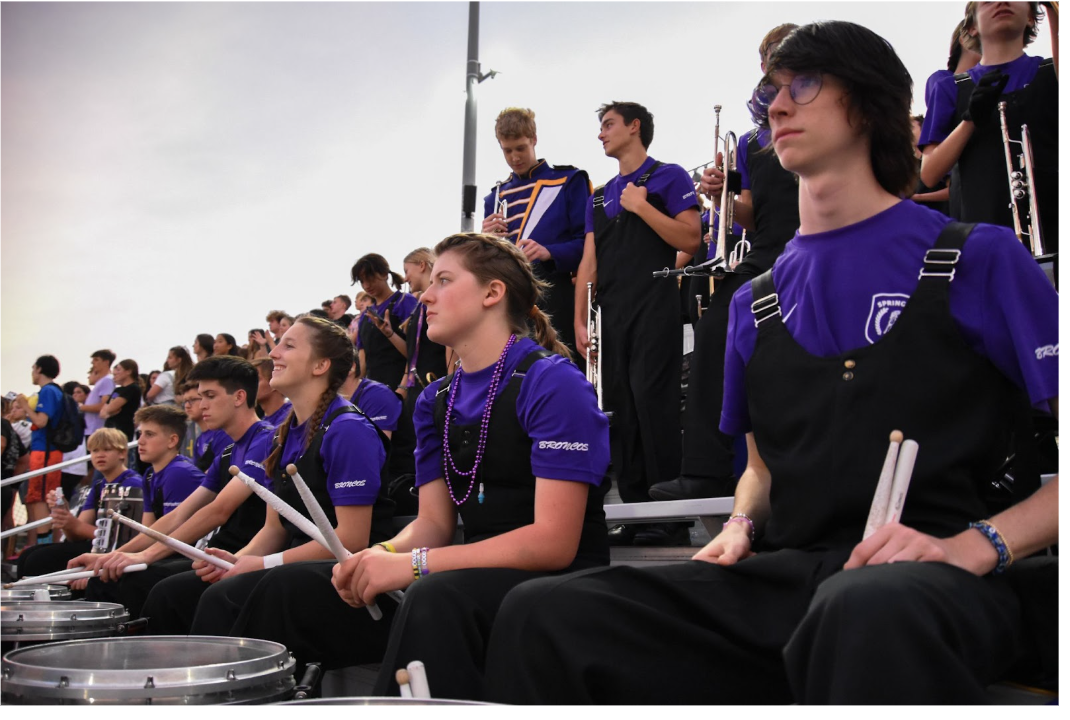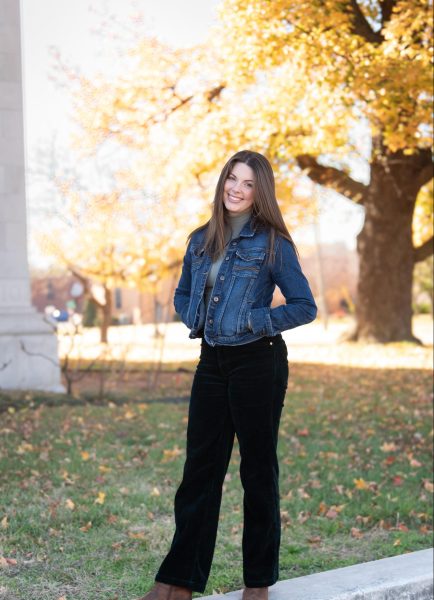The quantity of work that is assigned by teachers in upper level classes is tailored to the students’ capabilities to learn difficult material efficiently. Teachers’ abilities to take these hard working students and help them succeed is a big part of the classroom experience.
“I actually really enjoy the quality of students that you get in an upper level science course, like an honors level chemistry class or a physics class,” Matthew Lundy, Honors Chemistry Teacher, said.
Students in Chemistry and Honors Chemistry tend to be higher level students or students who are generally involved in AP and Honors classes. The pace and material of the classes are tailored for students who are up for the challenge.
“What I did was I kind of tested the waters by trying just one honors class last year, and I really liked it. I’d say if you’re not struggling at all, or if you walk into class and you’re just kind of bored the whole hour because it’s easy [and you want to try to challenge yourself more, then try it], but it’s different for every person,” Daniel Liang, 11, said.
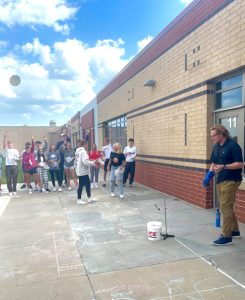
Not only does the difficulty in serious classes like Chemistry vary, but so does the way material is conveyed.
“In Honors Chemistry the biggest difference between that and regular Chemistry is the pace. So we work much quicker, we don’t do a lot of review days, we don’t do a lot of reteaching content and that allows us to move a lot faster,” Lundy said.
Kids in Honors and regular Chemistry tend to try multiple different classes that challenge themselves, but students aren’t the only ones taking on new challenges.
“I always enjoyed the content of biology more. I always thought [life science] was really fascinating because it had to do with my body. But, when I was in college, I really liked the chemistry classes that I took and I was actually one class short of a Chemistry minor,” Stephanie Higgs, Science Teacher, said. “I never really thought about teaching it, but then this position came open. Mr. Lundy came over and he was like ‘Hey, what do you think about teaching Chemistry?’.”
Students and teachers alike are mapping out how to handle classroom challenges in Chemistry and in general.

